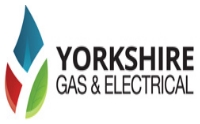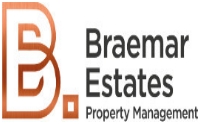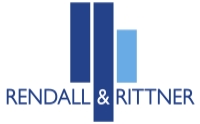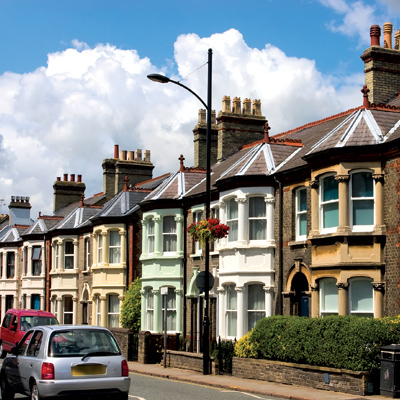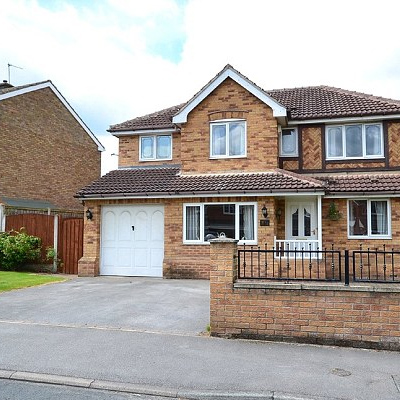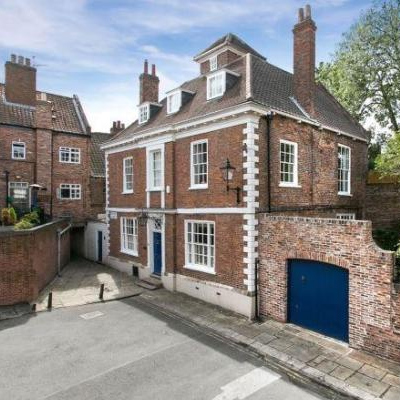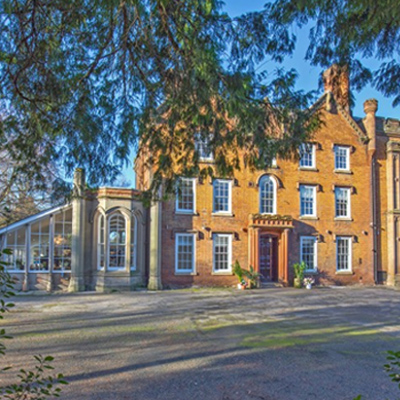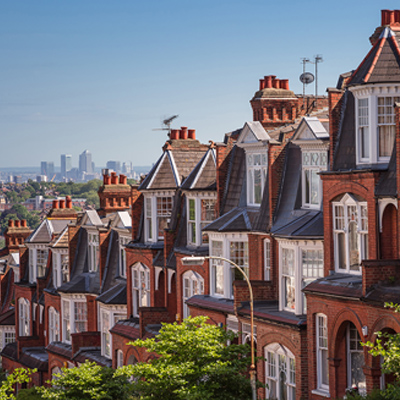Welcome to Jmail Assets
Your local rental property experts
We are a leading, independent local family run business with our own residential and commercial property portfolio.

Jmail Assets
About Us
We are a leading, independent local family run business with our own residential and commercial property portfolio. Established in 1997, our aim is to disrupt the lettings market whilst filling a gap for a local agent who offers integrity and the ability to have the lowest fees around, without compromising on service.
- We pride ourselves on a friendly, flexible approach to renting residential property and fully serviced offices. For newly formed companies we now provide virtual offices with hotdesking. We are a company that embraces technology to enhance the service we give all our tenants.
Providing affordable housing, inspiring better lives…
Call Us Now
01274921015
Jmail Assets
Over 20 Years of Experience in Residential Property & Fully Serviced Offices
info@jmailassets.co.uk
Phone Number
01274 921 015
Address
Jmail Assets Tradeforce Building Cornwall Place Bradford BD8 7JT
Who We Are
It Pays To Rent With Jmail Assets
With hundreds of residential rental properties and fully serviced offices in Bradford, Leeds and surrounding areas, Jmail Assets has a wealth of experience when it comes to looking after tenants.
We want our tenants to have the best experience when they rent from us because creating great customer experiences is at the heart of everything we do.
Jmail Assets
Your Local Property Experts
Working With

